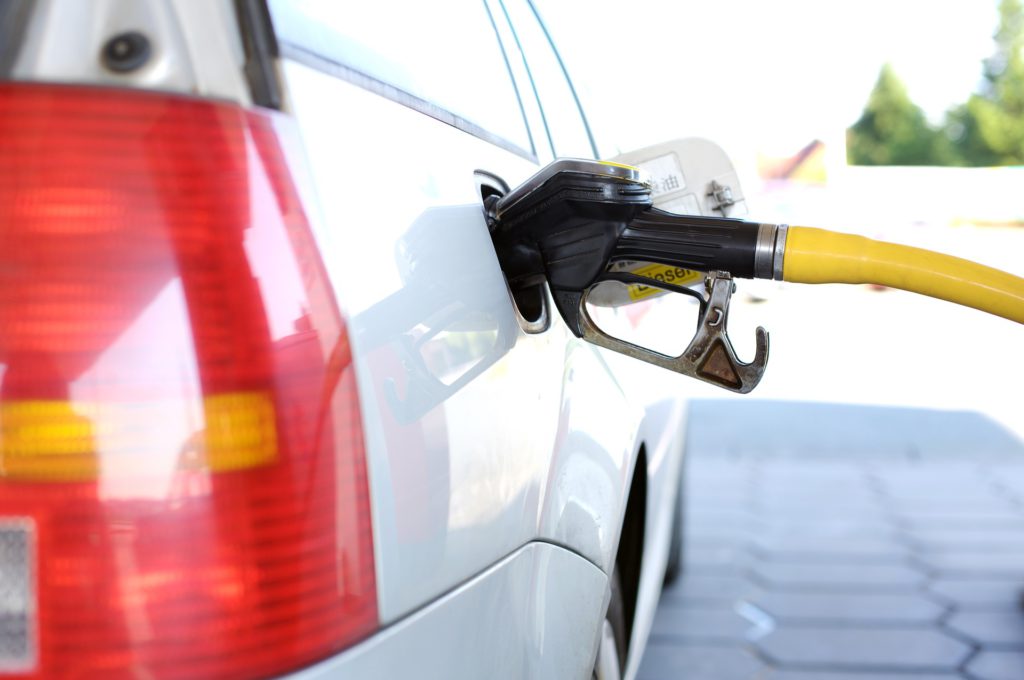Drivers put off by emissions and penalties as countries clamp down on diesel
27 June 2017

27 June 2017
A number of factors concerning diesel vehicles are set to cause a slump in UK sales, according to survey results published in Britain’s Autocar magazine.
Since the Volkswagen (VW) Dieselgate scandal of 2015, diesel engines have been coming under increasing scrutiny, with high nitrous oxide (NOx) levels in their emissions causing health concerns and questions about the validity of testing. This led the magazine to team up with survey provider Simpson Carpenter to interview more than 1,000 drivers about their attitude to diesel engines.
The results suggested that despite the strong sales of diesel engine vehicles in the UK since 2009, only 23% of motorists are planning to buy a diesel as their next car. Notably, more than half of current diesel owners plan to switch to another fuel type when it comes to trading in their current vehicle.
The poll also revealed that diesel owners comprise 38% of motorists, while just 2% own a hybrid or an electric vehicle (EV). However, when asked which type of engine their next car would have, 23% said it would be a diesel, compared to 17% stating it would be hybrid or EV, a sharp rise in the demand for such vehicles. The remaining 60% of drivers indicated they would buy a petrol powered vehicle. The survey also shows that current diesel owners are turning away from the engine format. Just 46% of drivers who currently own a diesel intend to replace it with a car featuring the same engine type – with 22% saying their will invest in a hybrid or electric.
The survey results are backed by recent sales figures from the SMMT, which showed diesel registrations in May 2017 fell 20% year-on-year. A total of 81,489 diesels were registered in May, compared with more than 101,000 in the same month in 2016.
When asked which engine types they had entirely rejected for their next car, 30% of motorists said they had ruled out a diesel engine. The only engine type to be ruled out by more buyers was electric (32%).
When those motorists who said they had ruled out buying a diesel engine were asked for their reasons why, 73% cited concerns over higher levels of pollution and emissions, with 41% citing future resale values.
Diesels were also seen as ′substantially more harmful to the environment’ than petrol engines, and as emitting the most CO2 and NOx. When asked specifically about Euro 6 engine cars, 47% of respondents said that diesels were a little or a lot worse for CO2 emissions than petrol engines. Just 18% thought that petrol cars emitted more CO2.
Tom Simpson, managing director of Simpson Carpenter comments: ′Right now there’s a lot of confusion in the market about diesel cars’ impact on the environment – they’re widely thought of as more harmful to the environment than petrol.
′As well as being seen as worse than petrol for NOx and particulates, they’re wrongly blamed for emitting more CO2 than petrol. The fact that this holds true even for diesel owners’ views about Euro 6 cars shows the extent of this confusion.’
Although motorists are moving away from diesel engines, there is still a high level of resistance to introducing measures that penalise diesel owners. The survey asked motorists to show support or opposition for banning older diesels from city centres, higher in-city congestion charges for older diesels, increased tax on diesel fuels and banning all diesels from city centres. The only measure that received a majority of support was banning older diesels from city centres, which was backed by 56% of motorists – while being opposed by 44%.
The news comes as London’s Westminster council puts in place plans revealed during January 2017 to increase parking charges for pre-2015 diesel vehicles. These cars will now have to pay £2.45 per hour to park in the capital, in what is being called a D-Charge. Also in France, the new government is planning to increase taxes on diesel vehicles, bringing them in line with petrol cars, as part of its plan to reward green energy users across various industries.